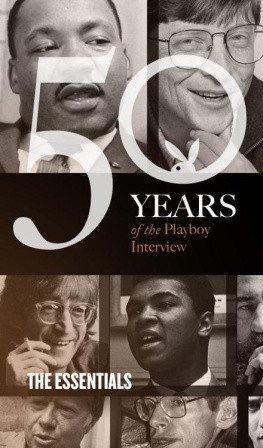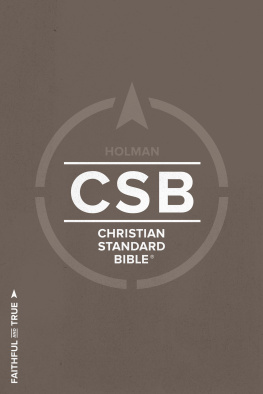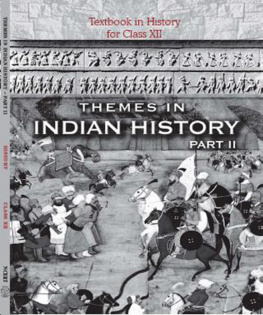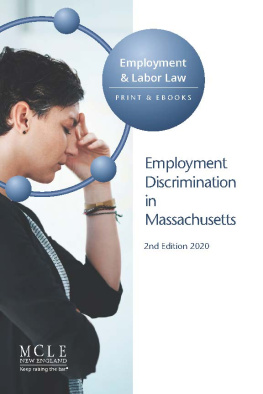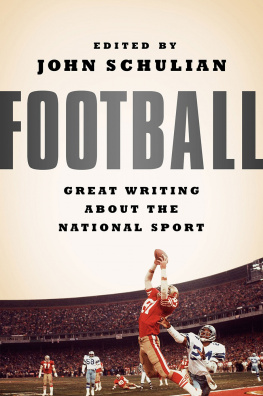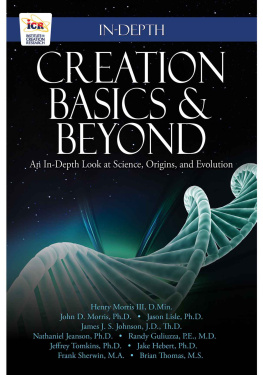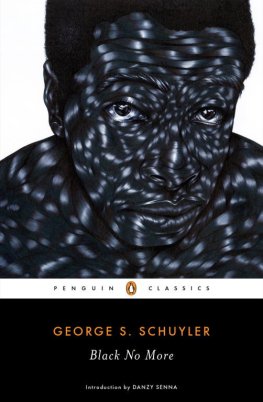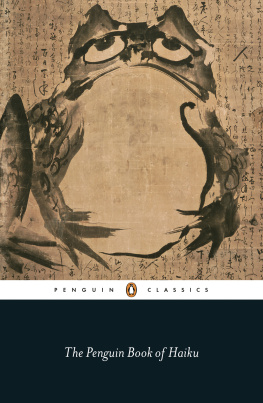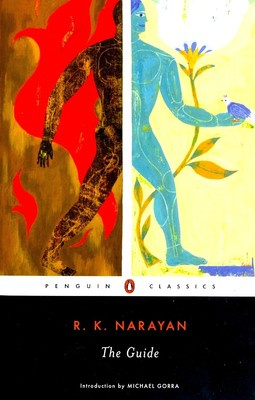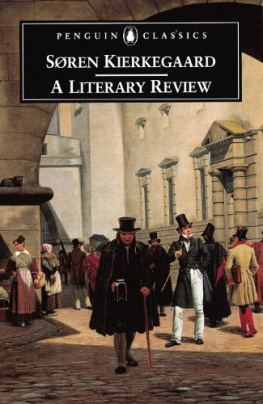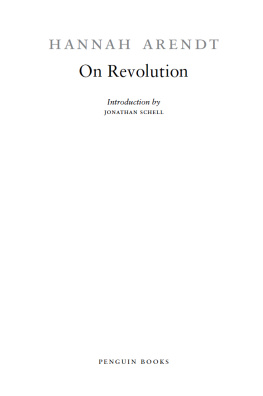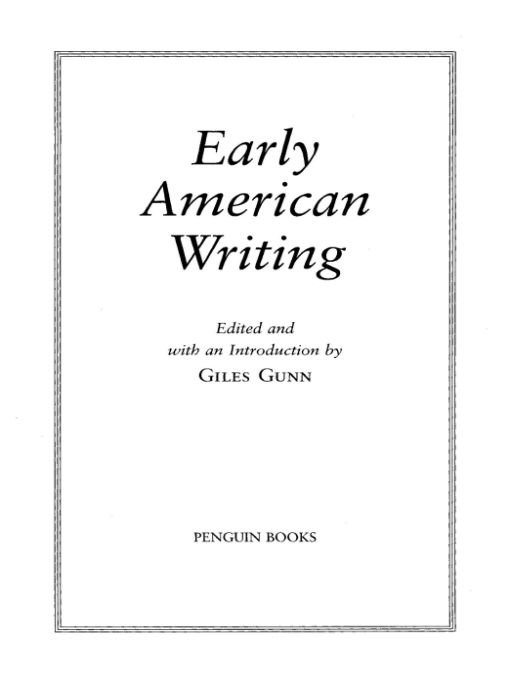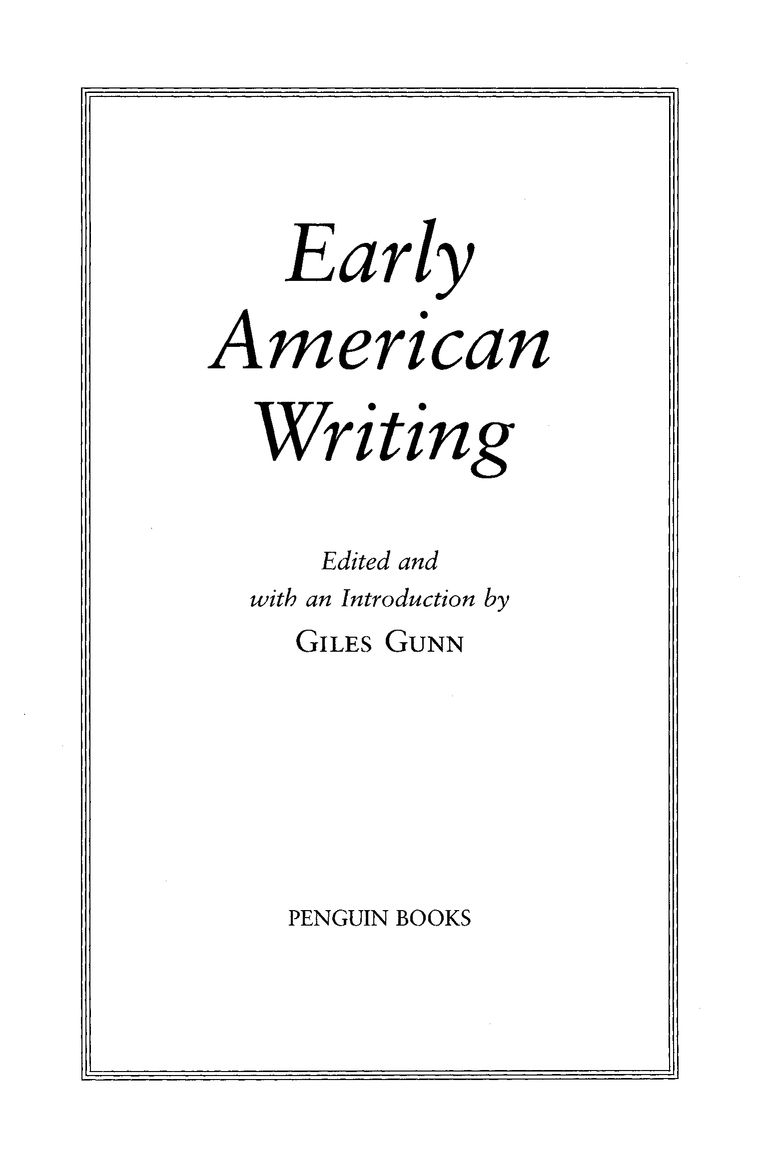Table of Contents
EARLY AMERICAN WRITING
GILES GUNN is professor and Chair of the Department of English at the University of California, Santa Barbara. The author and editor of more than ten volumes, the most recent of which is Thinking Across the American Grain: Ideology , Intellect, and the New Pragmatism (1992), he has written and lectured widely on American literature and culture as well as on critical theory.
In loving memory of Buckingham Willcox Gunn (May 31, 1991March 31, 1968) and Janet Fargo Gunn (November 6, 1912January 18, 1988)
Do ut des
INTRODUCTION
American literature is undergoing something like a seismic shift as new texts join the canon, older texts are being reinterpreted, unknown or forgotten writers are being discovered or reappropriated, and established reputations are being reassessed. This phenomenon would seem less notable if it were not so difficult to remember that the American literary canon has always been undergoing revision. The canon of 1920or of 1950, or even of 1970had a very different appearance than the canon of today, and the canon of today is far from stable. Literary canons, like cultures themselves, are always being contested and reconstructed, because they represent a cultures repository of narrative, lyrical, and discursive paradigms, its assemblage of the stories it tells itself about itself. The instability of the canon simply signifies, and at some moments actually mirrors, the debate that the culture is having with itself about what verbal shapings best describe those contours of experience that it imagines to be its own.
Nowhere is this more evident than in the field known as early American literature, the site of American cultures myths of origin. By early we used to mean a literature that began with the first evidence of sustained and purposeful Europeanand predominantly Britishcontact and settlement in what is now the United States at the beginning of the seventeenth century and that concluded sometime before the rise of nationalist aspirations around the middle of the eighteenth century. Now, however, it is accepted that early American literature originates in a period that antedates the commencement of English settlement along the Eastern seaboard, when the ideas that eventually inspired and nourished European contact with the New World were first achieving their initial Renaissance form. It is also generally conceded that no fair estimate can be made of the impact, fate, or effect of those ideas that the original Europeanand not just Englishexplorers, conquistadors, colonists, and settlers brought with them without at least some appreciation of the mythological framework and the conceptual mindset of the indigenous peoples who would be so violently displaced by them.
This means that the parameters of early American writing are now widely held to go back as far as the beginning of the early modern period in Europe and to include everything from narratives of discovery to utopian fantasies about the creation or recovery of Paradise and Amerindian legends about the founding of the world. Those parameters are now also understood to extend far enough forward not only to encompass the emergence of the new nation-state in part wrested out of the tensions and conflicts associated with that earlier, presettlement legacy but also to include some of the more consequential energies liberated by its early development. Where this literature was once thought to be the expression chiefly of men, we now realize that it was also shaped in significant ways by the sometimes different expressive talents of women. Where this literature was formerly considered the experiential record primarily of transplanted English citizens, we now know that Hispanic, French, African-American, and Native American peoples played a substantial role in its constitution and growth. And with an expanded sense of the various peoples who contributed to the complex formation of this literature has come as well a deepened understanding of the different kinds of writing that the colonization of the United States produced. In other words, we now know that the America that was brought into existence by the practice of early American writing was not discovered, as the Mexican historian Edmundo OGorman has pointed out, so much as invented, or discovered because it was invented.
This is not to claim that there was nothing to be found on Friday, October 12, 1492, at around 2:00 A.M., when Christopher Columbus (1451?1506) made landfall in the West Indies on the island of what is now called San Salvador; only that Columbus was mistaken about what he had come upon that fateful morning and that he then compounded the problem by resisting the corrections of experience. Looking for a sea passage to India, Columbus supposed that he had actually managed, as hed intended, to reach the Orient, and then he steadfastly refused to relinquish this conviction despite three later voyages that at most never carried him farther west than the Paria peninsula of Venezuela. Convinced nonetheless that he had landed on the shores of Asia, he was therefore unaware that instead he had come upon a new landmass, leaving credit for that discovery to be claimed by another Italian navigator named Amerigo Vespucci (14541512), whose report of a landfall achieved before Columbuss in the Southern hemisphere was most likely made up.
Columbus was certain instead that he had found a passage to India because he viewed everything before his eyes with a mental picture he had already constructed. This mental picture was derived chiefly from his reading of the Bible, together with his familiarity with the accounts of Marco Polos overland journey to China and his knowledge of Ptolemaic geography. The ancient astronomer Ptolemy (fl. A.D. 130) had postulated that the earth was considerably smaller than we now know it to be and that the Asian landmass extended much farther into the ocean than it does. As it happens, this theory turned out to be admirably suited to Columbuss purposes, since it tended to confirm Marco Polos speculations about the proximity of Japans position relative to Portugal and was reinforced by certain prophetic claims found in the Bible. The apocryphal Book of Esdras (2:6), for example, held that the world was six parts land and only one part water. The Book of Ezekiel (5:5), in turn, maintained that Jerusalem was at the center of the world. Such assertions not only persuaded Columbus that the sea voyage from Portugal to Asia was comparatively short (2,700 miles, as opposed to the actual 12,000); they also assured him that in undertaking this expedition he was fulfilling the injunctions of Holy Scripture: In carrying out this Enterprise of the Indies, neither reason nor mathematics nor maps were any use to me: fully accomplished were the words of Isaiah.
Vespucci, on the other hand, was prepared to steal credit for discovering a New World even if he had to fabricate his own account of it. According to his own account in Mundus Novus, or The New World (1503), Vespucci did not actually land on the coast of what is now Brazil until 1501, recording there that he and his company had come upon a new land which... we observed to be a continent. But the validity of this achievement was immediately placed in jeopardy by the speculation that Columbus might have touched upon the coast of Venezuela during his third voyage in 1498. In his next book, Vespucci therefore changed his story to claim that, in fact, he had reached the South American mainland on a voyage made a year earlierin 1497than the one recorded in


